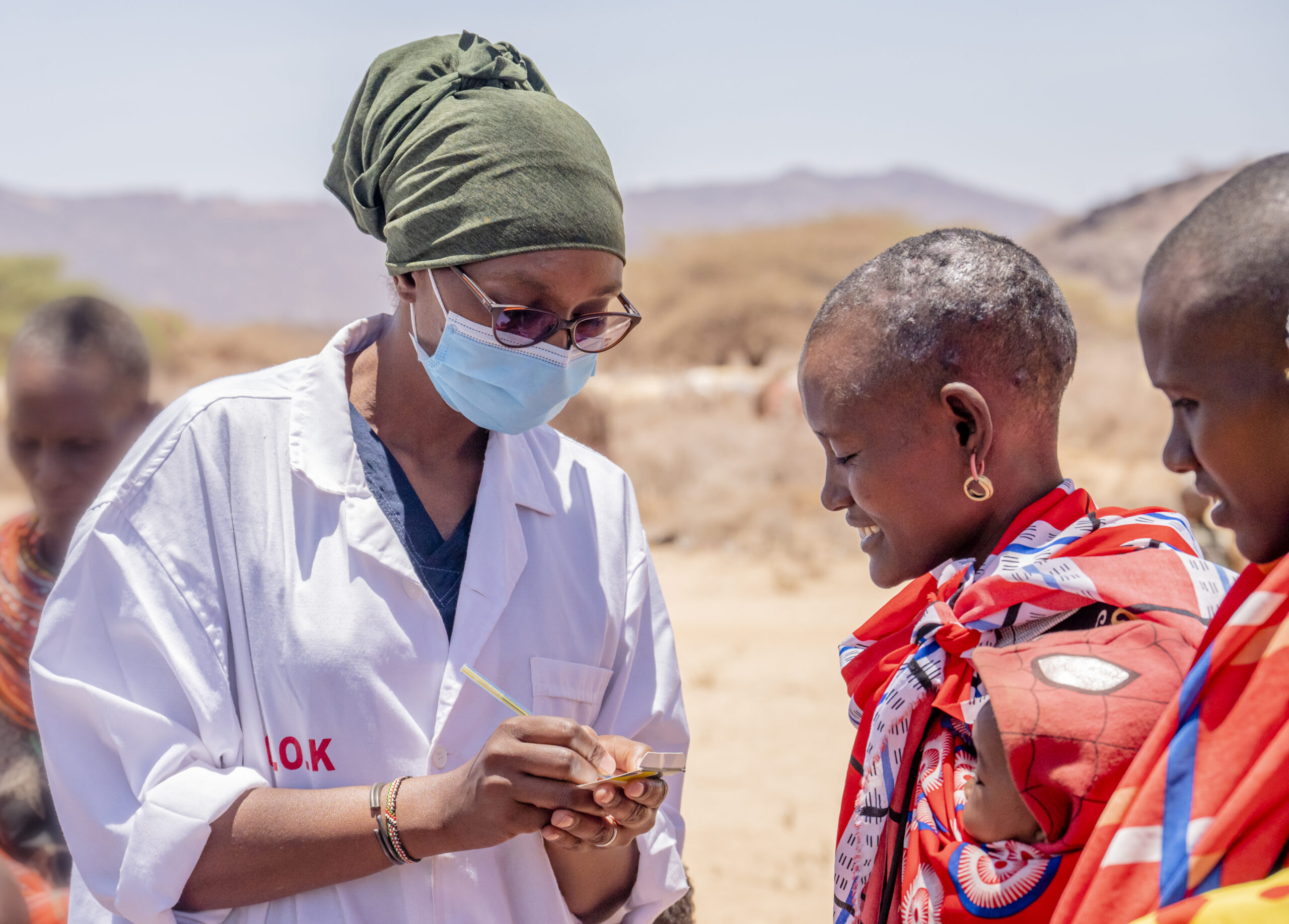In China, government funding affects healthcare costs differently depending on whether it's directed towards supply or demand, with regional variations in effectiveness. This study examines the impact of government subsidies on residents' health and healthcare...
Effect of a case-capped, fee-for-service payment mechanism on accessibility and affordability of health care in Philippines
The article discusses the adverse effects from changing of provider payment policy on health care accessibility and affordability in the Philippines.The Philippine health insurance system is transitioning from case-based payment back into a fee-for-service model...
Confronting the elephants in the room: reigniting momentum for universal health coverage
A Lancet publication by UHC2030 highlights barriers to achieving Universal Health Coverage (UHC), including political commitment, insufficient financing, global health fragmentation, and communication challenges. Authors call for collective action to address these...
What Can Value for Money in Health Care Learn from the Regulatory World?
The Centre for Global Development blog post by Javier Guzman discusses how Health Technology Assessment (HTA) systems can benefit from the experience of regulatory systems.The article argues that while the two have different goals (regulatory systems ensure safety and...
Universal health coverage in China part 1: progress and gaps
This article is the first part of the series. This research article comprehensively evaluated China's progress towards universal health coverage over the past two decades by identifying the achievements and gaps in service coverage and financial risk protection that...

Donor coordination to support universal health coverage in Malawi
Malawi's Ministry of Health tackles health financing and donor coordination challenges with innovative strategies, yet faces hurdles from power dynamics and donor-government priority misalignment.A recent scholarly publication underscores the complexities arising from...
Political economy in global health financing policy in fragile and shock-prone settings
In this ReBuild for Resilience article, WHO and ReBUILD team examine health financing via political economy analysis, revealing power dynamics' impact on reform outcomes, influencing global agendas with practical insights. Explore the collaborative efforts between the...

Citizen engagement in national health insurance in rural western Kenya
Kenyans know of health insurance but don't trust it. Low awareness of benefits and poor communication hurt enrollment. Study in the Health Policy and Planning Journal suggests better explanations and clearer performance reporting to build trust.Many Kenyans are aware...
Does Strategic Purchasing Improve Health Systems? A Literature Review
Strategic purchasing aims to improve healthcare spending and access, but how well it works depends on design and local factors. This review in the Health Systems Reform Journal explores the evidence for its effectiveness.This review examines evidence on strategic...
COVID-19 purchasing adjustments: Insights from 8 middle-income countries
Journal of Health Policy and Planning (Oxford University Press) article examines COVID-19's impact on health purchasing in eight middle-income countries, revealing adjustments in benefit packages and payment methods amid financing challenges and concerns about...
Aid and health system strengthening for Small Island Developing States
A new study in Health Policy and Planning argues that a "one-size-fits-all" approach to strengthening healthcare systems fails Small Island Developing States. Small island developing states (SIDS) face unique challenges due to their small size and remote locations....
Building resilient health system for universal health coverage and health security
Reviewing strategies for Resilient Health Systems. Context-specific measures like redistributing health workers, political commitment and efficient health financing strategies are vital for achieving Universal Health Coverage and health security goals.In the pursuit...
Estimating potential impact of health tax on demand for unhealthy food, beverages and on tax revenue in India
This study evaluates health taxes on unhealthy foods in India. Taxes on high-fat, sugar, or salt foods could reduce demand by 5–24%, boosting government revenues by 12–200% for health initiatives against obesity and non-communicable diseases.Foods high in fat, sugar...
Economic inequalities in health insurance subscription renewal: Evidence from Ghana’s National Health Insurance Scheme
This study on Ghana's National Health Insurance Scheme (NHIS) renewal reveals economic and gender-urban disparities, emphasizing the need to address cost barriers and enhance healthcare access for vulnerable populations. Ghana's national health insurance scheme...
Gender-specific inequalities in coverage of Publicly Funded Health Insurance Schemes in Southern States of India: evidence from National Family Health Surveys
The paper published in BMC Public Health analyses the gender inequities in accessing Publicly Funded Health Insurance Schemes (PFHIS) in the Southern States of India using data from the National Family Health Surveys to measure impact on universal health coverage....
